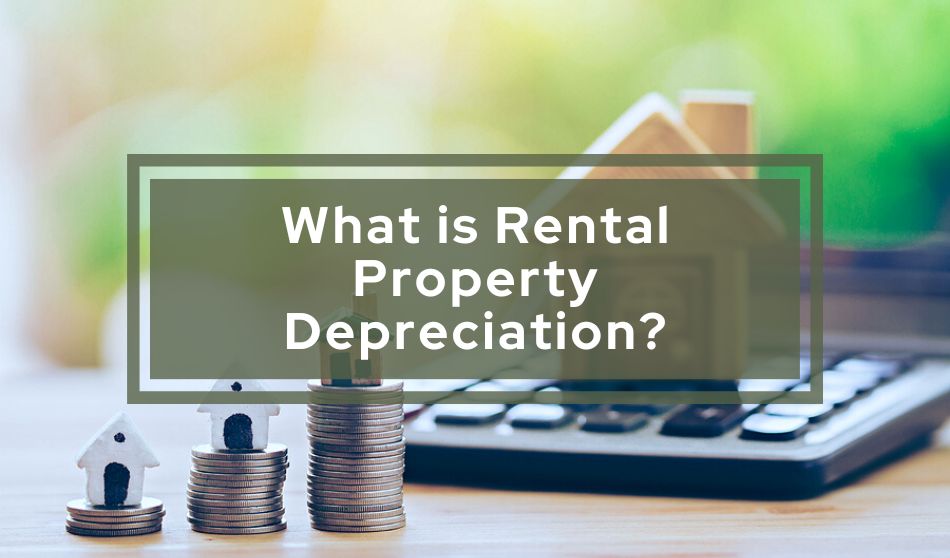Introduction
Investing in rental properties can be a lucrative venture, providing a steady stream of income and potential tax benefits. One such benefit is depreciation, which allows landlords to deduct the cost of certain assets, including house improvements, over time. Understanding how depreciation works for rental house improvements is essential for maximizing tax savings and optimizing your investment strategy.
What is Depreciation?
Depreciation is the gradual reduction in the value of an asset over time due to wear and tear, obsolescence, or other factors. For rental property owners, depreciation is a valuable tax deduction that helps offset rental income and reduce taxable profits.
Depreciable House Improvements
Not all house improvements are eligible for depreciation. Generally, improvements that have a determinable useful life, such as a new roof, HVAC system, or renovations, qualify for depreciation. Cosmetic repairs or maintenance, however, typically do not qualify.
Determining Depreciation Periods
The IRS provides guidelines for determining the useful life of depreciable assets, including house improvements. Residential rental property improvements are typically depreciated over 27.5 years using the straight-line method. This means you can deduct an equal portion of the improvement’s cost each year over its useful life.
Calculating Depreciation
To calculate depreciation for rental house improvements, you’ll need to know the cost basis of the improvement, which includes the initial cost plus any additional expenses, such as installation or labor costs. Divide the cost basis by the depreciation period to determine the annual depreciation deduction.
Claiming Depreciation on Your Taxes
When filing your tax return, you can claim depreciation for Home improvementmix.de/ on IRS Form 4562, “Depreciation and Amortization.” Be sure to accurately report each improvement and its corresponding depreciation schedule to maximize your tax savings while remaining compliant with IRS regulations.
Recapture of Depreciation
It’s important to note that depreciation deductions taken during the ownership of a rental property may be subject to recapture upon sale. If you sell the property for more than its depreciated value, you may have to recapture a portion of the depreciation as ordinary income.
Seeking Professional Guidance
Navigating the complexities of depreciation for rental house improvements can be daunting. Consulting with a tax professional or accountant who specializes in real estate taxation can provide valuable insights and ensure that you’re taking full advantage of available deductions while minimizing your tax liability.
Conclusion
Depreciation of rental house improvements is a powerful tax-saving tool for landlords, allowing them to recoup the costs of property enhancements over time. By understanding the rules and regulations surrounding depreciation, landlords can maximize their tax savings and optimize their rental property investments.

